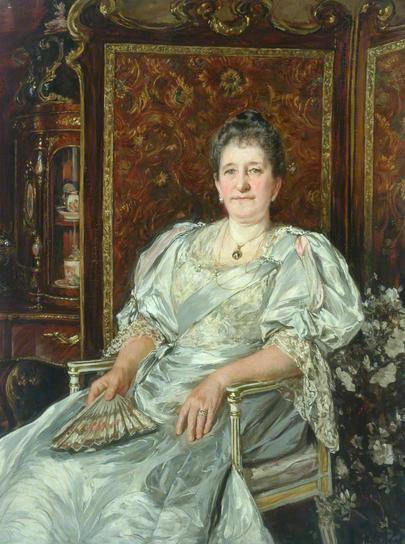JAMES N., a physician, writes:
I just googled “physician burnout” and got 3,600,000 hits.”Resident burnout” got 5,580,000 hits. “Medical student burnout” got only 228,000 hits.
Prior to, say, 1990, “burnout” as applied to medical students, residents, and physicians was not a concept in general use.
What is different? The question answers itself. As the blogger Dr. Helen points out here, women often are surprised or shocked at what is actually involved in holding a job, never mind in constructing, developing, and holding a career. The low number of “medical student burnout” hits is probably because medical school is the last place a bright and studious girl can get by with her exemplary social (teacher pleasing) and academic (studying hard) skills that she has been crafting since kindergarten. (more…)



![bigstockphoto_Flowers_2617686[1] bigstockphoto_Flowers_2617686[1]](https://thinkinghousewife.com/wp/wp-content/uploads/2011/07/bigstockphoto_Flowers_26176861-105x150.jpg)
